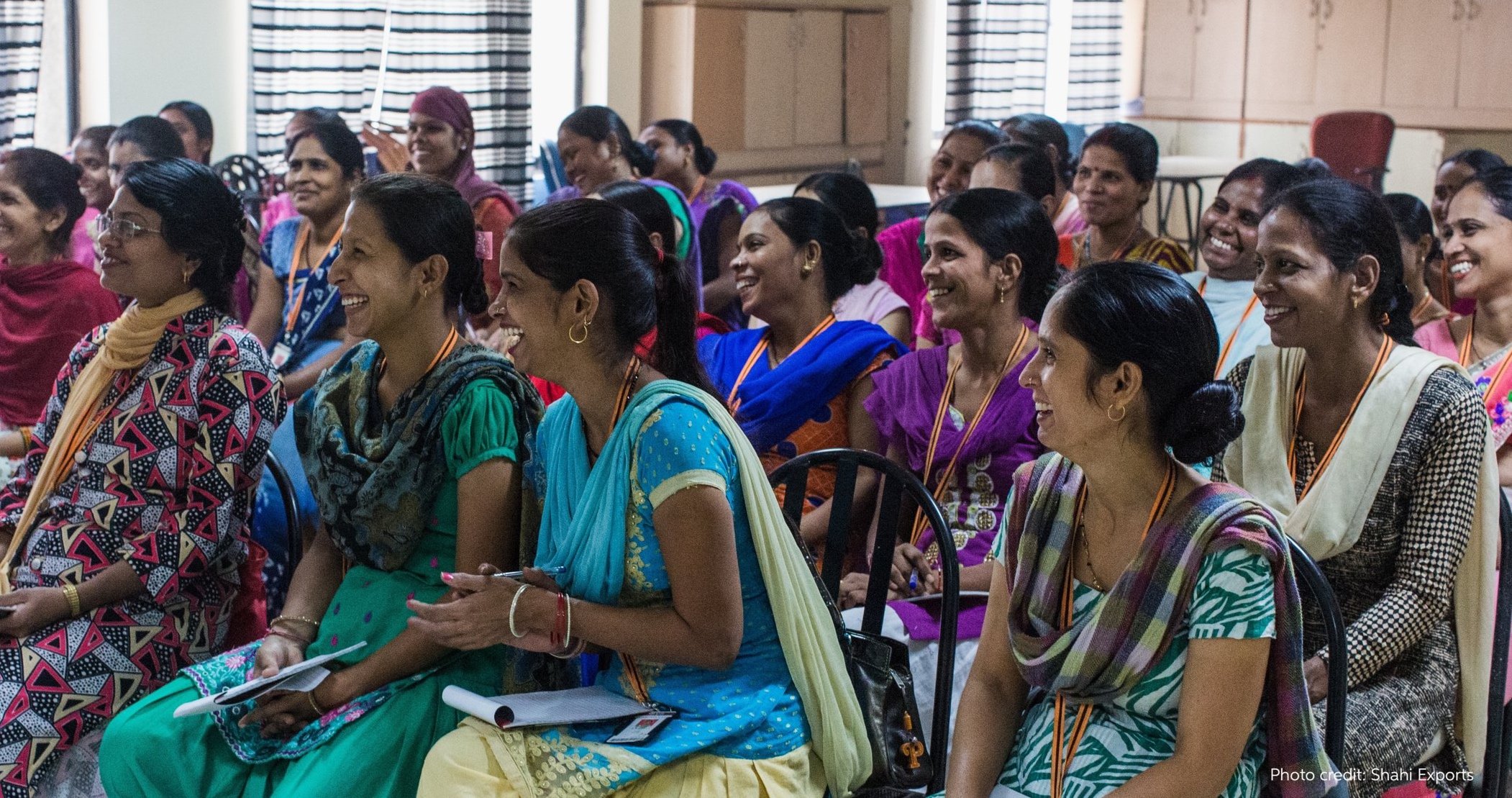Positive progress on digital wages
New data confirms that adopting digitization promotes decent work and economic growth and reduces inequality
The Social & Labor Convergence Program (SLCP) has jointly prepared a digital wages factsheet with The Better Than Cash Alliance (Alliance), to which the Alliance has been a signatory since its inception five years ago.
It shows that digital wages in SLCP facilities have increased six-fold in three years.
This is one of the first factsheets analyzing the verified and aggregated data from SLCP signatory facilities. SLCP uses this data to provide new trends and insights regarding industry achievements and opportunities for monitoring and action for its signatories, the broader garment industry, and governments.
Key highlights from the data:
• Extremely positive developments for digital wage payments among signatories, with significant increases in recent years. Digital wages in SLCP facilities have increased six-fold in 3 years: 82% of facilities reporting to SLCP are paying wages digitally (2022), a steady increase from 70% in 2020.
• 89% of the facilities that pay wages digitally were more likely to contribute to at least one social insurance scheme (pension, medical, injury, unemployment, or maternity).
• There is a steady growth in the number of small businesses switching to digital wage payments but may require support if associated costs are higher.
• Data from Bangladesh demonstrates a particularly promising story – with a large increase in digital wages since the previous analysis was conducted in 2018.
Adopting a responsible approach to wage digitization can support the Sustainable Development Goals, particularly SDG 5: Gender Equality, SDG 8: Decent Work and Economic Growth, and SDG 10: Reduced Inequality.
In the past few years, The Alliance has worked with SLCP to ensure that questions around how workers are being paid and the importance of digital wages are incorporated into the Converged Assessment Framework (CAF tool). The CAF is SLCP’s data collection tool that includes a set of questions asked to all signatory facilities over a number of topics, including wages. This improves their capacity to monitor and assess the digital wages of workers in their supply chains.
While these are optional indicators for facilities, nearly 80% of all SLCP signatories reporting against the CAF (5,500+ facilities representing 49 brands globally) reported this wage data in 2022. It demonstrates the importance of this information to the sector, particularly for enhancing understanding of wage management systems and in supporting traceability of living wages.




